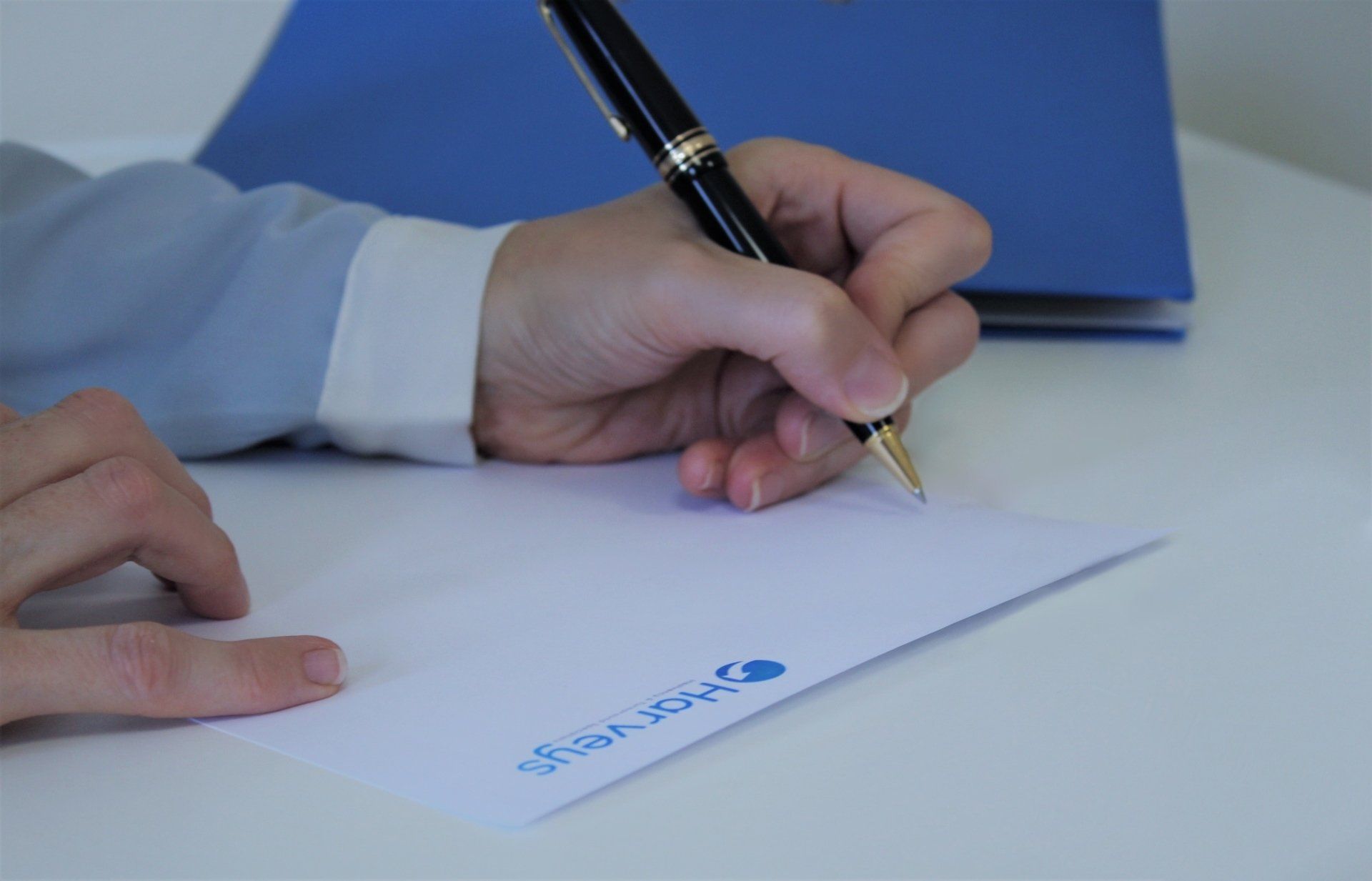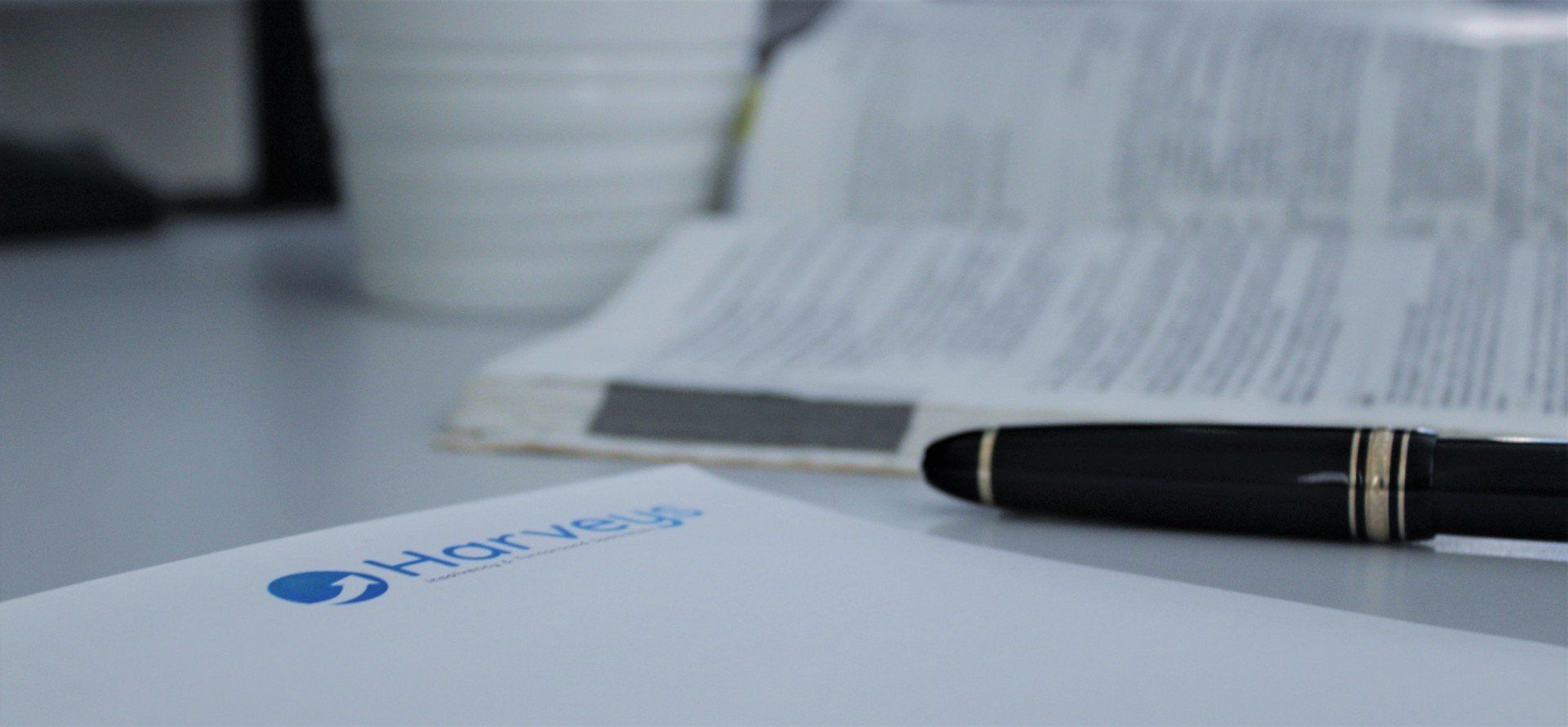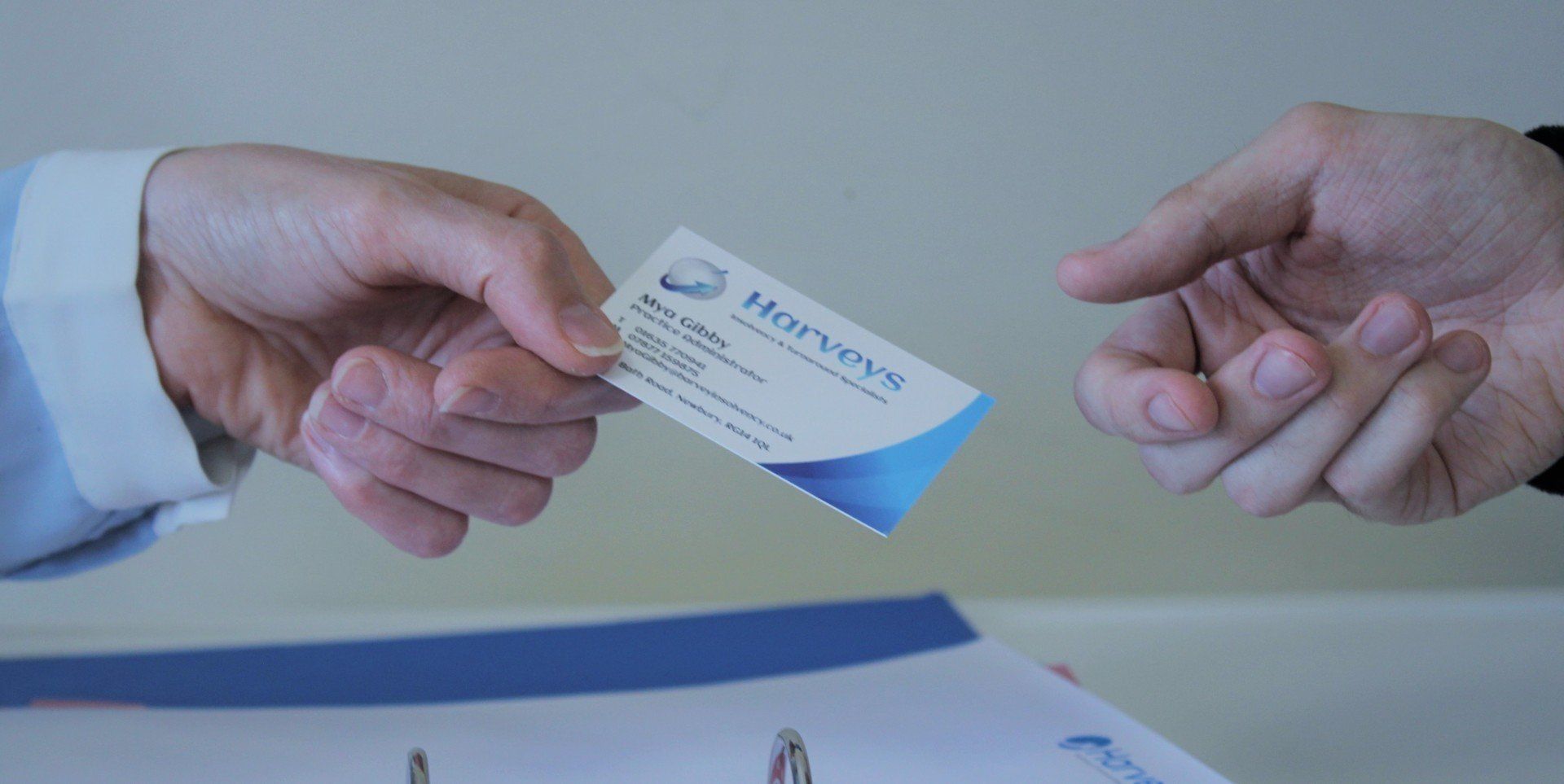Rescue & Turnaround Services
Moratorium
Administration
✔ Cause a better return to creditors than would have been achieved in closing via a liquidation process.
✔ Provide a platform from which the company can take a breath, restructure & build an exit route to cause its survival.
I just need some time to sort out this unexpected problem & we can get back on our feet!
If you are in a position where you could pay your creditors if given some time, a CVA might be the right solution for you.
Contact us to find out more
Company Voluntary Arrangement (CVA)
Refinancing
Receivers & Law of Property Act Receivers (LPA)
The Administrative Receiver, or a Receiver, or a Law of Property Act (LPA) Receiver does not necessarily rescue a company, but instead works towards repaying the secured liabilities. The use of the process is available, but its use quickly declined from 2003 when the Enterprise Act introduced new Administration provisions, which have proved to be more flexible & powerful. An IP is generally appointed by a secured creditor holding a suitable charge against the company & its assets. This Receiver will oversee the process of reclaiming & selling the assets owned by a company to repay the charge.
LPA Receivers are still frequently appointed to deal with property where secured commercial lending has been advanced & is in default. LPA Receivers are empowered to trade at the property by the debenture under which funds were advanced & can be found not only disposing of commercial properties, but running bars, restaurants, hotels & clubs with a view to selling an operational business along with the long lease or freehold premise s.
Our insolvency experts have the skills & experience of dealing with all these processes & if you believe you are in need of these services then do not hesitate to get in touch with us & take the first step in resolving the liability.
Time To Pay Arrangements
Agreeing informal Time to Pay arrangements (T2P) with your creditors is now common place and more prevalent following the pandemic.
Special legislation was introduced during the pandemic to deal with landlord debt. HMRC approach is now unrecognisable from their long standing past actions.
Many trade creditors have always agreed T2P, since they wish to recover the whole of their debt & in many situation maintain your future business & their future income. The Court system also applies T2P in CCJs & actively seeks a settlement rather than the destruction of a business by a single debt where it can be avoided.
We can act on behalf of a limited company, partnership or sole trader in achieving a T2P: contact us now to benefit from our working knowledge of HMRC's current & historic approach to T2Ps.
Have you fallen behind with your PAYE/NIC or VAT?
Accrued a Landlord debt during the pandemic?
Have a CCJ or debt you simply need time to pay?
Let us help you negotiate with your creditors.
HMRC Time To Pay Arrangements
HMRC see PAYE, NIC & VAT as their money that your business has spent, you have collected the tax on their behalf, but not paid it over; whereas Corporation Tax (CT) or Self-Assessment Tax from partnership or sole trading (SA) is your tax liability & is approached by them differently.
T2P with the HMRC generally allow you a specific but limited term of time with regular & equal monthly payments to settle arrears of PAYE, NIC & VAT, but only whilst maintaining current & new debt incurred.
When asking for a T2P, you are also expected to have or immediately bring all returns & submissions up to date where they are in arrears, it can impact achieving a successful T2P. At Harveys, we maintain an ongoing working knowledge of HMRC’s current & historic policies which will benefit you in obtaining a T2P.
Time to Pay Arrangements For CCJs, Trade, Commercial or Personal Debt
Did you answer yes to any or all of these points?
Then you need our help!
We know the tools all creditors have at their disposal & what are the pitfalls. With some trade creditors, we are even aware of their policies or strategies & the measures they have taken or are prepared to go to in recovering outstanding monies.
You can benefit from our knowledge & instruct us to negotiate a T2P arrangement on your behalf. In this action, a message is also communicated that your instruction of an insolvency professional shows you are taking their threats seriously.
Call us now to help you achieve a T2P arrangement.







